




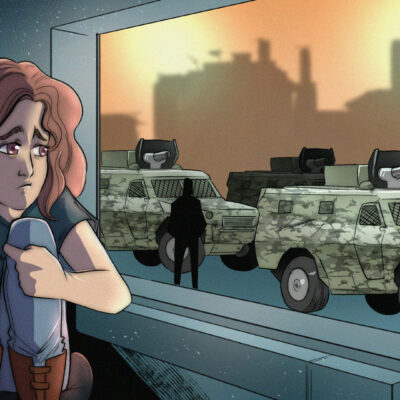







On April 30, 2019, the day when the final phase of the so-called “Operation Freedom” was set in motion in Caracas, Luisana Escobar and her neighbors were forced to leave their homes in Valencia, Venezuela, after a teargas canister exploded in one of the apartments of the building where they lived, setting it on fire.
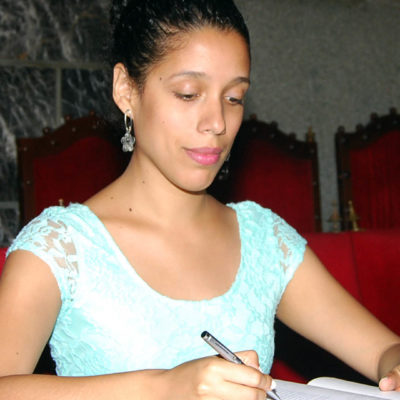
María Laura Silva always wanted to be a doctor. She was presented with many an obstacle as a student of medicine, some of them posed by the crisis facing the country, but that didn’t undermine her determination to graduate. Still, one day in 2018, while at work as a medical intern at a hospital, she began to ask herself whether she should stay the course.
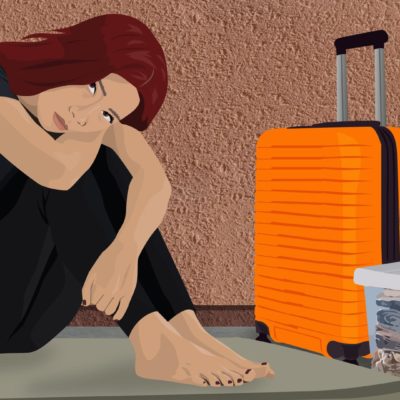
Having just earned her degree as a medical doctor from the Central University of Venezuela, the protagonist of this story felt she could not find a reason to stay in the country any longer. So, she planned to move to Spain to practice her profession there. On November 24, 2019, she left Valencia, state of Carabobo, for the United States, from where she would be heading to Europe months later. That was the beginning of a journey that she would have to revise more than once.
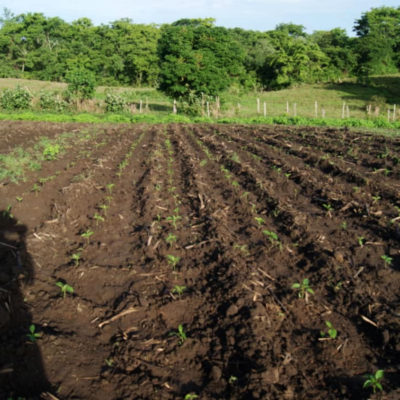
In San Simón, an expanse of open ground located in the state of Bolívar, in southern Venezuela, Gregoria Zapata and Jesús Manuel Umbría grow peppers, beans, and corn. They also had three horses and one mare that they used to work the land and for transportation. But one day, when they woke up in the […]
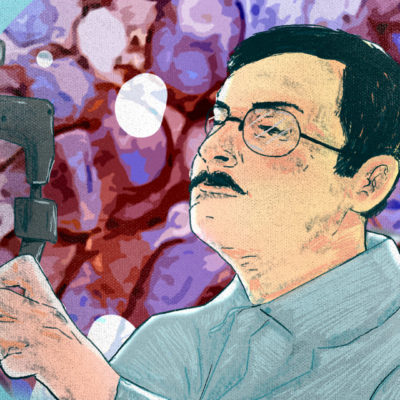
A pioneer in Venezuela in the use of immunohistochemistry —a method that allows for more accurate results in diagnostic pathology—, Dr. Jorge García Tamayo devoted six decades of his life to research and teaching. One day, he invited Elsie Picott, at the time a resident student of Universidad Central de Venezuela Anatomic Pathology Graduate Program, to join him in a research work. She has since considered him her mentor. Twenty years later, she stills asks him for advice, which he delivers, even from afar.
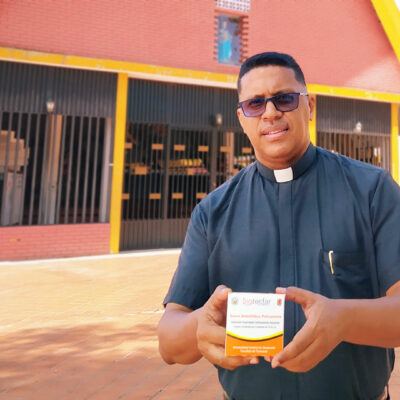
There is no official data available, but it is estimated that about seven thousand people in Venezuela are bitten by a snake each year. Aware of the nationwide shortage of snake antivenom, that is, the anti-venom treatment for snakebites, Priest Johnny Arias came up with the idea of creating an antivenom bank funded by his own community.
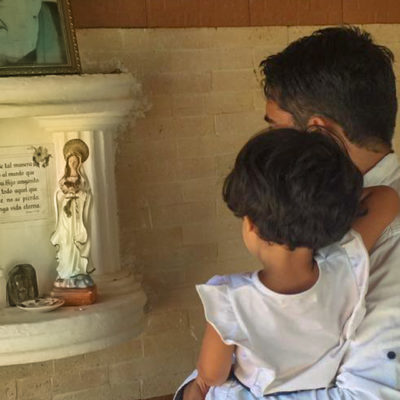
On April 15, 2020, residents of Churuguara town, a two-hour drive from Coro, state of Falcón, took to the streets to protest over gasoline shortages. They were repelled with tear gas. Edgar Flores, a 30-year-old lawyer and psychiatric patient, was among them. Several days later, law enforcement officials broke into his house and took him away.
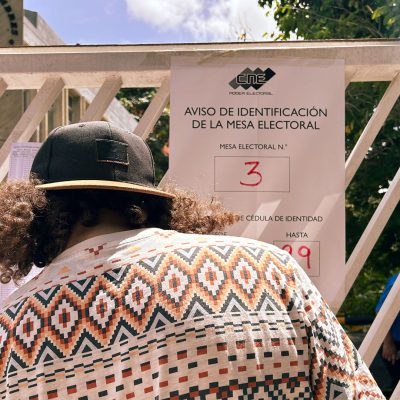
Nueve años después de migrar, Roberto Costa volvió a Venezuela para votar en las elecciones presidenciales del domingo 28 de julio de 2024. Se reencontró con su mamá, también migrante, quien como él vino a votar.
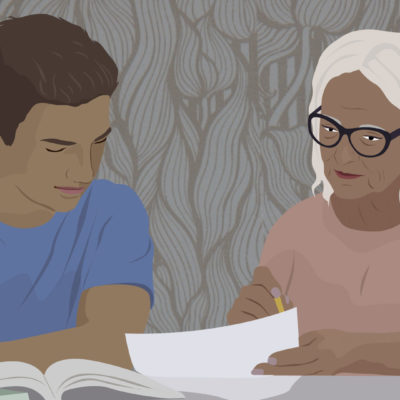
For years, Nora dedicated herself to giving private lessons in physics, chemistry, mathematics and English to the young people of her community in Carúpano, state of Sucre, including Zoila Hernández’s kids.
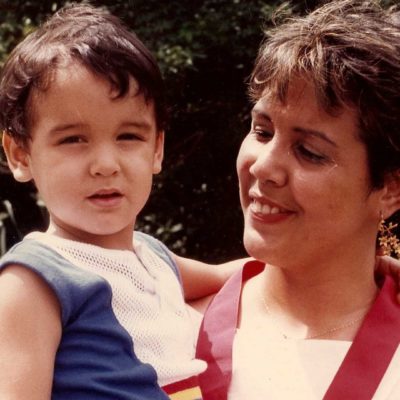
Psychologist Gloria Pino —very tall and very thin, like no one else in her family— lived in pain and with fatigue and a pounding heart. She consulted with many doctors, but none would arrive at an accurate diagnosis. Until one doctor took her time to study her medical history thoroughly. That was the day Gloria first heard about Marfan syndrome, a rare disease that affects one in five thousand people.